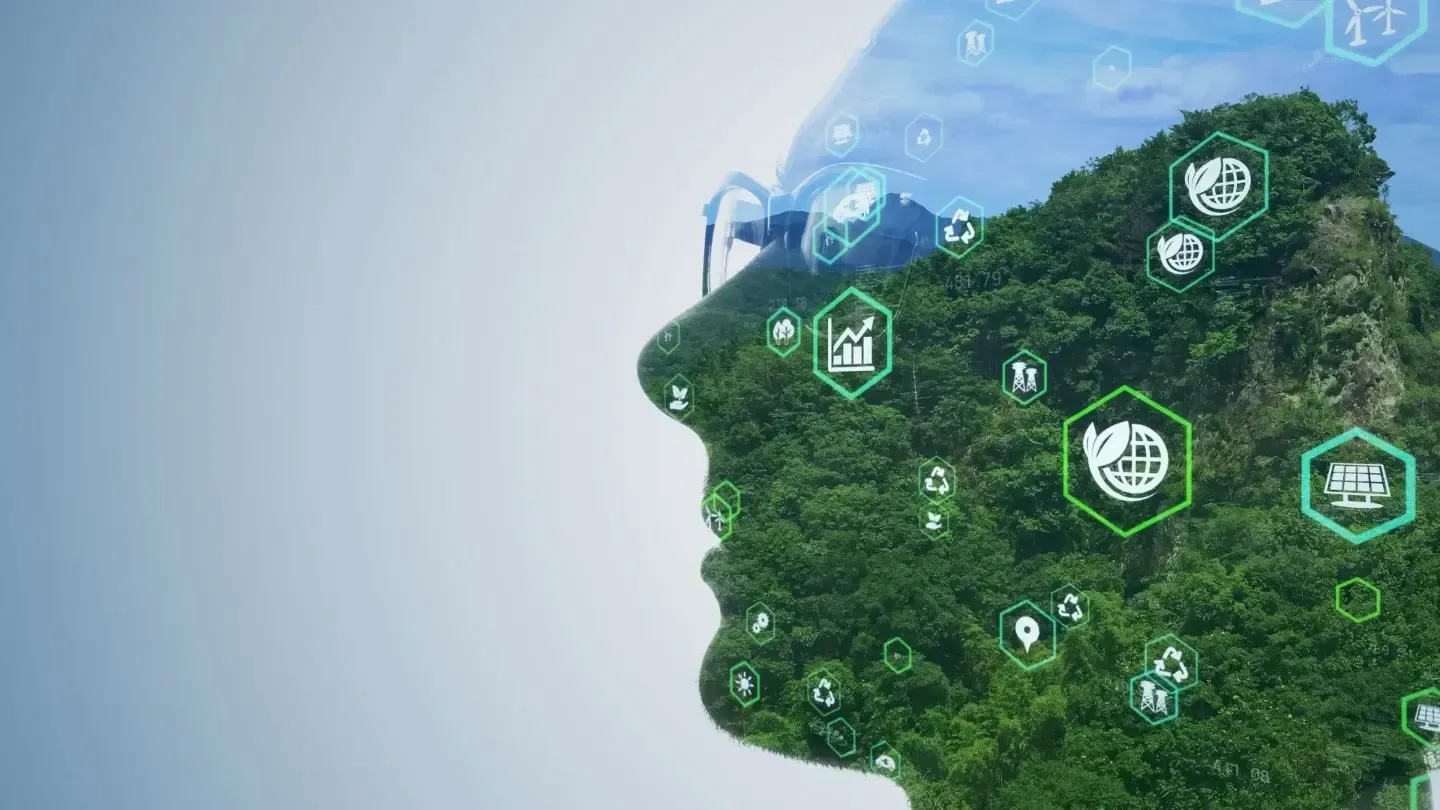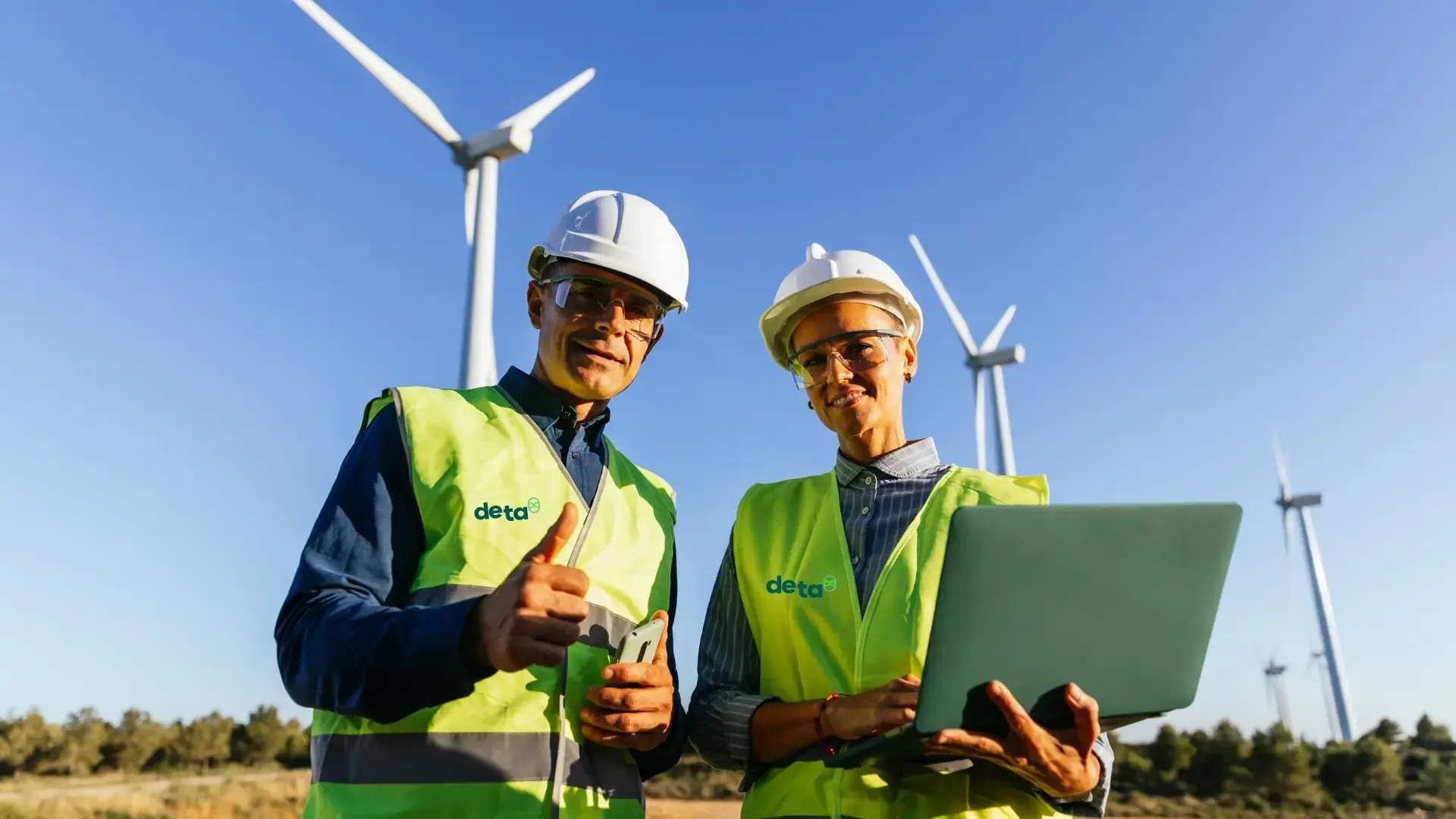From concept to completion: achieving industrial projects with sustainable agendas
In today’s world, the intersection of industrial progress and sustainability has become a critical focus. As businesses and industries expand their reach, the importance of embedding sustainable practices into project management is no longer optional - it’s essential. By integrating sustainability principles from the early stages of a project through to completion, organisations can achieve not only economic gains but also valuable long-term environmental and societal benefits.
The role of sustainability in industrial project management
Sustainability in project management involves adopting practices that address environmental, social, and governance (ESG) considerations throughout the project lifecycle. This shift reflects a growing recognition that industrial success isn’t just about profitability; it’s about creating enduring value for communities and the ecosystems on which we rely.
Industries across New Zealand and Australia are increasingly collaborating with sustainability consultants and ESG consultants to align their projects with global sustainability standards. These professionals guide organisations in setting and achieving ambitious goals, whether it’s reducing carbon footprints, improving resource efficiency, or enhancing social responsibility. For instance, energy consultants in NZ play a pivotal role in industrial projects by conducting energy audits and offering insights into energy-efficient designs, ultimately lowering operational costs and environmental impact.
Key strategies for embedding sustainability in industrial projects
Implementing sustainability isn’t just about compliance - it’s about innovation. Here’s how industrial project teams incorporate sustainability into their processes:
1. Defining clear sustainability goals
Every successful project begins with a clear roadmap. Sustainability goals should align with both organisational values and broader environmental targets, such as the UN’s Sustainable Development Goals (SDGs). Collaborating with energy efficiency consultants and process engineering consultants helps businesses define measurable objectives, such as achieving specific reductions in energy consumption or waste.
For example, organisations in the manufacturing sector can work with energy management services in NZ or Australia to develop energy audit services to pinpoint inefficiencies and identify greener alternatives.

2. Leveraging expert guidance
Engaging specialists like DETA’s carbon management consultants or wastewater consultants ensures environmental considerations are addressed comprehensively. Our experts help industries tackle challenges like:
- Designing effective carbon management strategies to reduce greenhouse gas emissions.
- Developing wastewater management services to minimise water pollution and conserve resources.
- Implementing decarbonisation services to align with local regulations and global climate goals.
With the right guidance, industries are able to confidently navigate complex sustainability challenges while enhancing their operational efficiency without the risk of taking costly yet ineffective actions.
3. Prioritising carbon management and energy efficiency
Industrial projects are significant contributors to carbon emissions. By implementing robust carbon management services, organisations identify areas for improvement, such as transitioning to renewable energy sources or optimising energy use. In New Zealand and Australia, decarbonisation services are instrumental in helping industries reduce their carbon footprints and comply with stringent environmental regulations.
Energy efficiency is another critical area. With the support of energy efficiency services, businesses adopt smart technologies like energy-efficient processes, machinery and systems, reducing both costs and environmental impacts.
4. Expanding stakeholder engagement
Modern industrial projects require collaboration across diverse stakeholder groups. Engaging employees, local communities, regulators, and industry partners ensures projects are executed holistically. DETA sustainability consultants in NZ and Australia facilitate meaningful discussions with stakeholders to align project outcomes with financial, environmental and social expectations. This proactive approach not only builds trust but also helps mitigate risks, such as community opposition or regulatory non-compliance.

5. Emphasising process engineering and innovation
Process engineering is at the heart of many industrial projects. By collaborating with process engineering consultants, businesses design systems to optimise resource use and minimise waste. These experts bring a wealth of knowledge in areas like energy optimisation, material efficiency, and waste reduction so sustainability goals are embedded into every stage of the project.
Real-world applications of sustainable agendas in industrial projects
Across industries, businesses are achieving remarkable results by integrating sustainability into their projects. Here are some DETA case studies:
Energy audits and management:
Capral Aluminium in Brisbane, an energy-intensive aluminium extruder, faced high energy usage. DETA conducted an energy audit, uncovering invoicing anomalies and providing an actionable plan. The solution identified quick, effective measures, achieving over 5% energy savings, demonstrating a successful approach to optimising energy efficiency in complex industrial operations.
Carbon reduction management:
The Victorian Health Building Authority (VHBA) engaged DETA to conduct Type 2 Energy Audits across 84 healthcare sites in the Grampians region, identifying energy management opportunities (EMOs) to support Victoria’s carbon reduction goals. The audits revealed potential savings of 4,844 tCO2e, aligning with the government’s pledge to cut emissions by 2025.
Wastewater management:
Fonterra Brands' Takanini site underwent a comprehensive water audit as part of a nationwide strategy to reduce water usage. DETA identified 12 projects delivering over $300,000 in water savings with a payback period under 2.5 years, reducing annual water consumption by 16.5% across site factories.

The long-term benefits of sustainable project management
Embedding sustainability into industrial projects isn’t just about meeting today’s requirements - it’s about future-proofing businesses. Adopting sustainable practices, enables organisations to:
Enhance brand reputation: demonstrating a commitment to sustainability resonates with customers, investors, and partners.
Achieve cost savings: energy-efficient designs and waste reduction strategies deliver significant long-term financial benefits.
Achieve regulatory compliance: staying ahead of environmental regulations mitigates risks and avoids the potential for costly penalties.
Drive innovation: Sustainability challenges encourage creative problem-solving, leading to breakthroughs that benefit both businesses and the planet.
Industrial projects have the potential to drive significant positive change when sustainability is placed at the core of their agendas. By working with experts like sustainability consultants, energy efficiency consultants, and process engineering consultants, businesses achieve their goals while contributing to a greener, more equitable future.
DETA, helping you navigate a sustainable path forward
From concept to completion, the journey to sustainable industrial projects requires vision, collaboration, and a commitment to innovation. With the right strategies and partnerships in place, industries have an opportunity to lead the way in shaping a sustainable tomorrow.
There is no single off-the-shelf solution. Each organisation is unique, and as such DETA offers comprehensive project delivery services. DETA is committed to delivering results by providing expertise throughout your project. From planning and exploring the more creative solutions to contractor management and overseeing installation, DETA supports businesses to the level they need to achieve their project goals successfully.
If you would like to discuss your project or require further information, we have teams currently delivering projects across Aotearoa New Zealand, Australia, and the Pacific. Contact your local DETA office – we’re always happy to talk sustainability.





